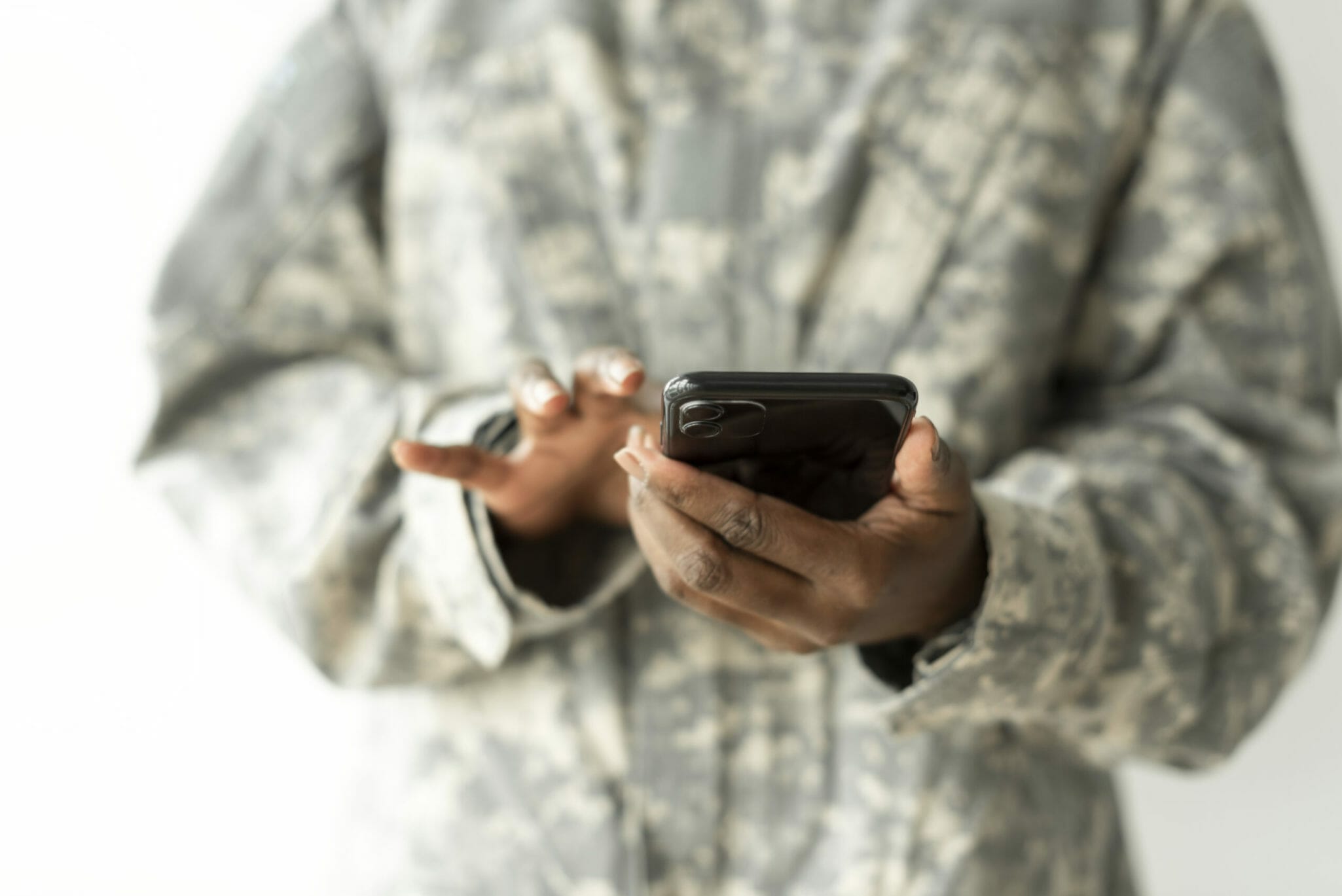The team of defense attorneys at Golden Law has seen it all. Having been through hundreds of military investigations, we know what to expect. And one of the most common things we see is the accuser, or “victim,” contacting you during the investigation. Sometimes, the accuser may contact you even after your military commander orders you not to contact the accuser in any way. How can the accuser contact you if you have a no contact order or military protective order in place?
Here’s the secret – military investigators often put them up to it! From NCIS to CID to OSI, law enforcement agents all around the globe use the trick all the time. It is called a “pretext conversation.” It is an investigatory “tool” designed to get you to confess, and here’s how it works.

When someone accuses you of a crime, they tell their story to military investigators. After that, those investigators may ask the accuser to contact you. The accuser may call you or text message you. But before they do, military investigators will give the accuser some “ideas” on how to get you to talk about what happened. They want you to confess. So they may guide the accuser through the conversation, offering suggestions about how to talk to you and get you to talk about what happened. And during your conversations, military investigators will be listening or watching the entire time, recording everything that you say.
The scary part is that the investigator’s tactics often work. You may get a call or text message from someone who accused you of a crime. You think that the accuser is alone and that no one else is listening. The accuser may say they are looking for closure or are not sure what happened. They may say they are going to counseling and trying to work on “the issue.” All of these things may be lies, because military investigators are allowed to lie to you! Their goal is just to get you talking. They want you to confess and apologize for something you may not have even done.
These conversations may happen days or weeks after the accuser first talks to military investigators. They may happen months or years after the allegations in your case. And even in cases where the incident happened years ago, these pretext conversations may be used by the prosecution to have you found guilty.
Don’t believe us? Just take a look at the case of Lt. Col Michael Briggs, an Air Force F-16 pilot who was convicted of rape NINE YEARS after he allegedly committed that crime. The primary evidence against Lt. Col. Briggs was a lengthy phone call his accuser made to him NINE YEARS after the incident. Investigators recorded the phone call, and prosecutors played it during the trial. Even when Lt. Col. Briggs tried to later explain that the sex was consensual, he was convicted and sentenced to years in jail.
This tactic is scary, and it is used by military investigators all the time. It is a trap.
So when your accuser contacts you during the investigation, always remember that you have the right to remain SILENT. That means that you have the right to IGNORE the call or text message. You have the right to HANG UP. The last thing you want is your words to be twisted. And never forget that on the other end of that phone is not just some person, it is a trained military investigator that is trying to get you to confess.
In these difficult times, when military investigators can use scary tactics like a “pretext conversation” to get you to confess, you need experienced defense counsel on your side.






